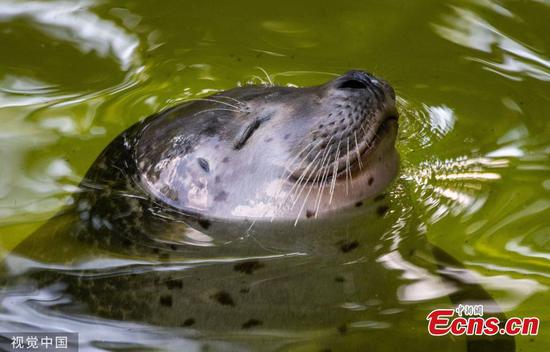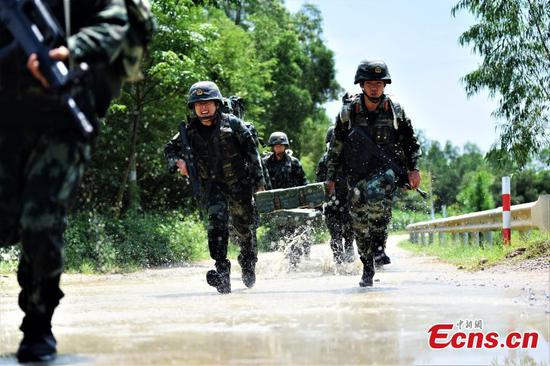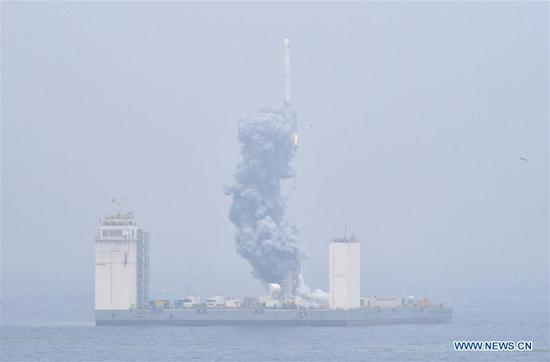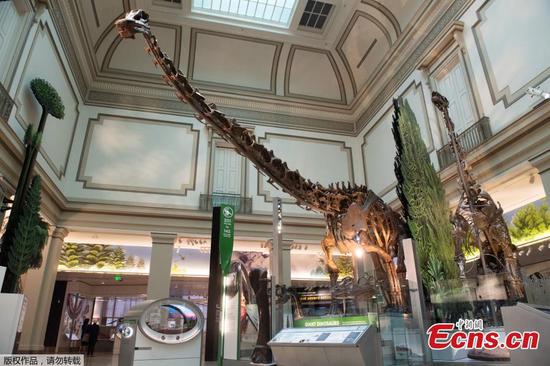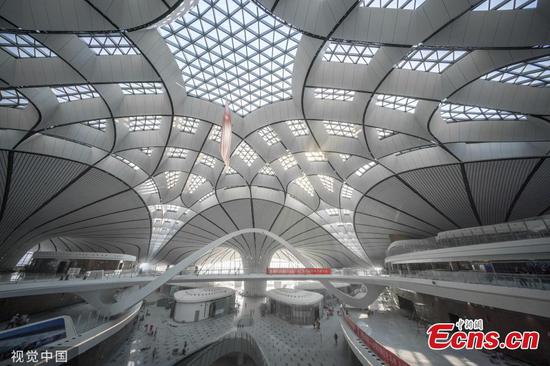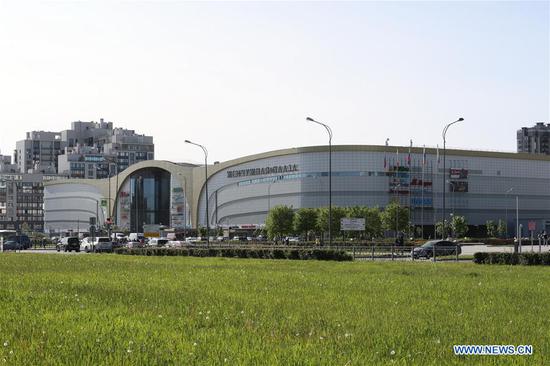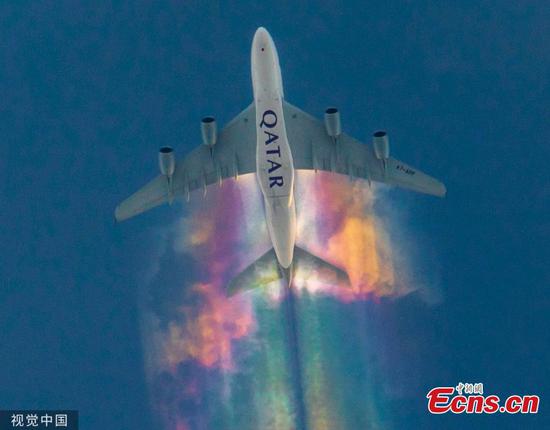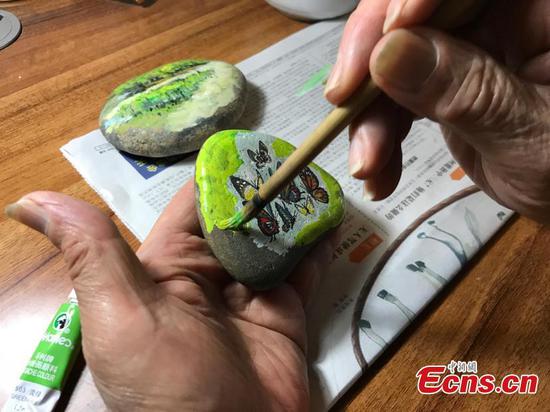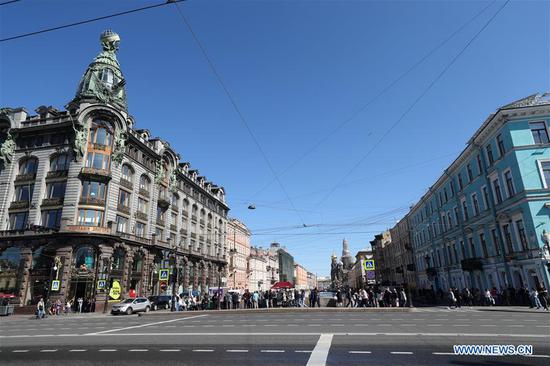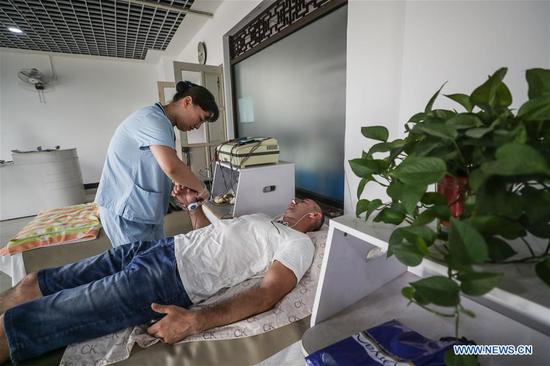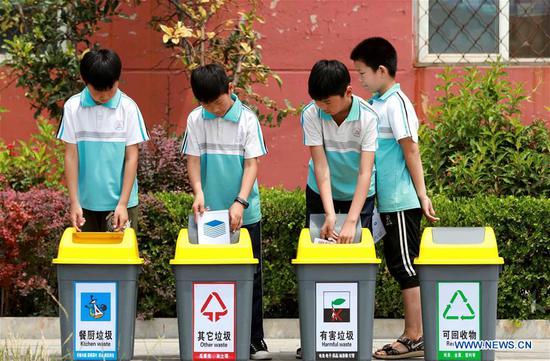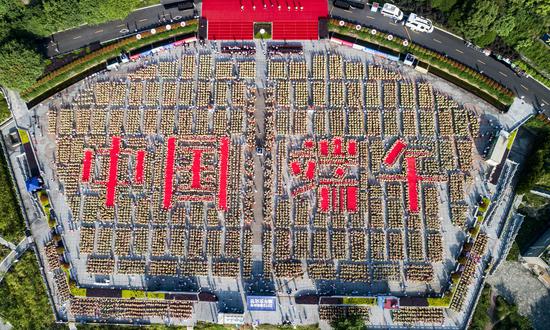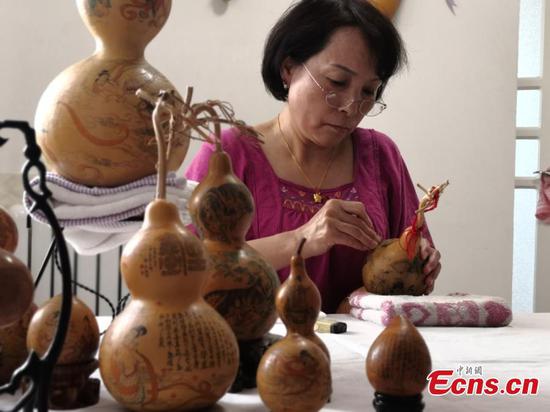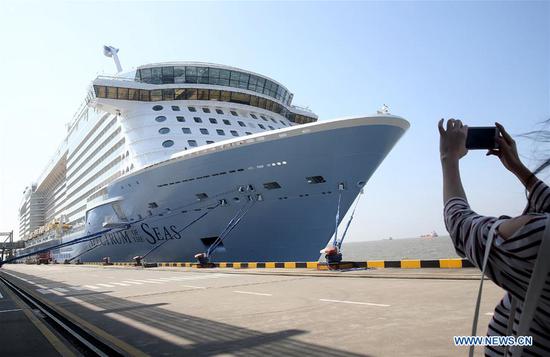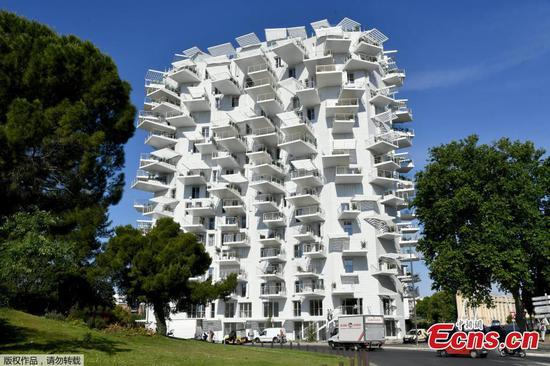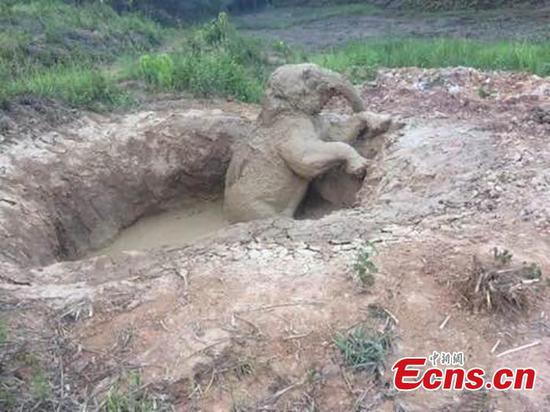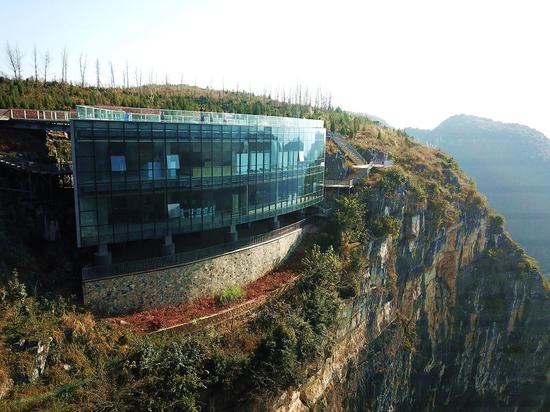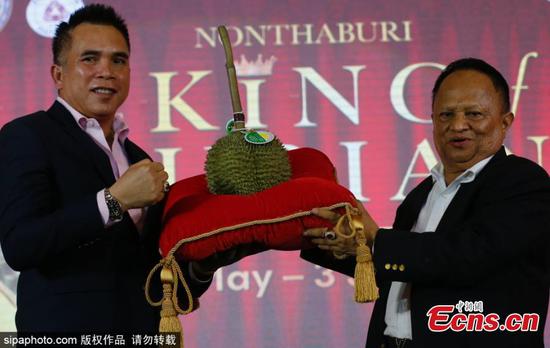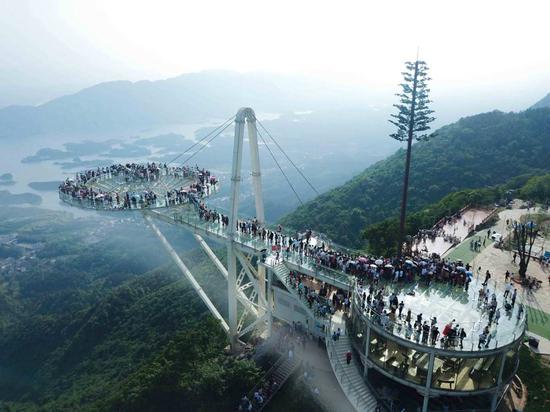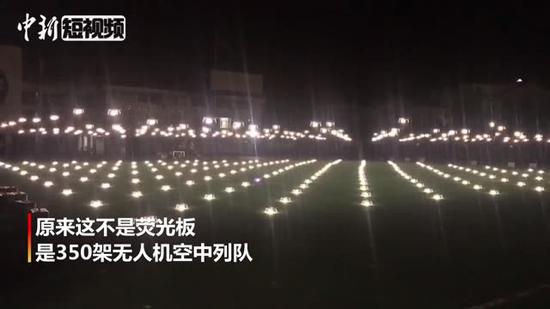As Huawei Technologies Co works hard to offset the fallout of the U.S. government's restrictions, suppliers around the world are reaffirming their support for the Chinese company, partly by leveraging their flexibilities to reconfigure supply chains.
German chipmaker Infineon said it is continuing most shipments to Huawei, given that the majority of products it delivers to the Chinese firm are not subject to U.S. export control law restrictions.
Infineon, the producer of semiconductors used in cars and smartphones, said in a statement that it "undertakes every measure required to ensure reliability in meeting our customers' demands."
"We have a set of measures in place to thoroughly monitor any possible changes in the legal frameworks of our respective markets, enabling us to make adaptations in our international supply chain," it said. "This enables us to make efficient and proactive adjustments supporting our ability to deliver wherever possible."
Similarly, Japanese tech company Panasonic's China branch said it will maintain normal supply to Huawei, and it will continue to sell goods and services to the Chinese company under the prerequisite of strict compliance with relevant laws and regulations.
Data from the Nikkei Asia Review show that Huawei bought $6.3 billion worth of products including batteries, electronic material and components from Panasonic in 2018.
The semiconductor giant TSMC also confirmed that its shipments to Huawei will not be affected by the U.S. government's ban on Huawei's access to U.S. technologies. Huawei does not produce semiconductors, and its chip-designing arm HiSilicon entrusts its processors to TSMC, the world's biggest contract chipmaker, for production.
Xiang Ligang, director-general of the telecom industry association Information Consumption Alliance, said given Huawei's big spend on purchasing components and services annually, suppliers most probably will try to find ways to continue their deliveries to Huawei.
TSMC's commitment to continue shipping products is of strategic importance to Huawei. Only with its cooperation is it possible for Huawei to have a Plan B in ramping up in-house processors, Xiang said.
The developments show that companies will not surrender to the U.S. administration's efforts to politicize commercial activities, Xiang added.
The U.S. government imposed a ban on Huawei's access to U.S. technologies without special government approval last month, accusing Huawei of being a national security risk. The Chinese company has repeatedly denied the accusations.
Hu Houkun, rotating chairman of Huawei, also said in a recent speech that the U.S. government's restrictions on the company set a dangerous precedent. "It goes against the values of the international business community, cuts off the global supply chain and disrupts fair competition in the market. This could happen to any other industry and company in the future if we don't jointly confront these issues,"
"Equally, we don't want to build a new wall in terms of trade, and we don't want to build a new wall in terms of technology either. We need an integrated global ecosystem that can help us to promote faster technological innovation and stronger economic growth. Ultimately, it is what we have to rely on in order to maintain global prosperity," Hu said.









